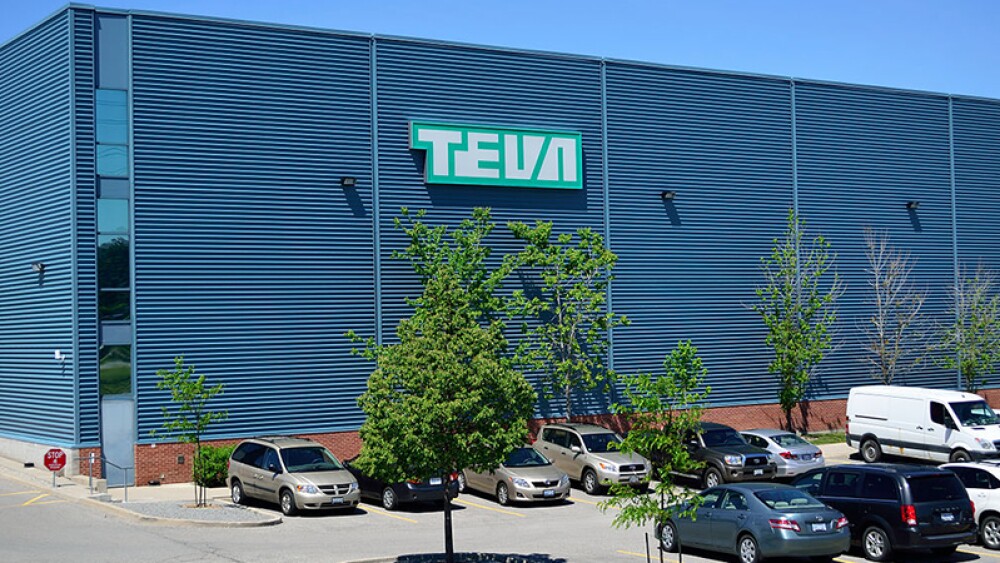February 8, 2017
By Alex Keown, BioSpace.com Breaking News Staff
JERUSALEM – As Israel-based Teva Pharmaceuticals begins its search for a new chief executive officer, one thing may hinder attracting a top-ranked candidate—salary.
On Tuesday, the company announced Erez Vigodman had abruptly left his position at the helm of the world’s largest generic drug manufacturer after serving only three years in the position. While no reasons were provided for the departure, Vigodman’s tenure saw multiple stumbles. Vigodman stepped down from a position that earned him $5.7 million annually. That salary made him the second-lowest paid CEO among companies that have a market value of at least $20 billion. Bloomberg said.
While $5.7 million may be nothing to sneeze at, it’s a drop in the bucket compared to some salaries drawn by pharma CEOs in recent years. For example, in 2016 Leonard Schleifer, the CEO of Regeneron , earned $47.5 million in total compensation. Brent Saunders, CEO of Allergan, had a total compensation of $21.6 million. Jeffrey Leiden of Vertex Pharmaceuticals took home $28.1 million in total compensation in 2015.
In addition to a smaller salary, Teva also has a few other challenges to draw a top CEO. Over the years, the company has insisted that the CEO be Israeli, live near Tel Aviv and “show the same penchant for the fewer-frills lifestyle endorsed by past CEOs,” Bloomberg reported.
The company will be looking for a new leader who knows how to turn the company around and maximize a major sale, Leemor Machnai, CEO of executive search firm Machnai Weiss & Partners, a company that has helped Teva in the past, told Bloomberg.
Shmuel Ben Arie, the head of investments for Israel at Pioneer Wealth Management Ltd., told Bloomberg that Teva faces challenges in hiring a candidate, even if the search turns global, who can “turn around a company with 40,000 workers.” Ben Arie predicts the new CEO will not only face challenges left by Vigodman, but will likely have to terminate 10 to 20 percent of staff.
During his time at the helm of Teva, Vigodman oversaw a number of deals that have been called into question, including the acquisition of Actavis , the generic drug business of Allergan for $40.5 billion—a price that many analysts thought was too high. The company has also been embroiled in legal action with Mexican drugmaker Rimsa and in December paid out $519 million to settle parallel civil and criminal charges that it allegedly violated the Foreign Corrupt Practices Act when it paid bribes to foreign government officials in Russia, Ukraine, and Mexico between 2002 and 2012. Vigodman is leaving as Teva faces challenges from its top branded drug, Copaxone, which is used to treat multiple sclerosis. The drug accounts for about 16 percent of Teva’s sales, but is facing a patent challenge by a generic drug developed by Novartis . Patents protecting the drug expired in 2015, analyst Todd Campbell wrote last week in The Motley Fool. The company was able to side-step some of the potential losses by changing dosing levels, but that is now being challenged by a generic version developed by Mylan. In August, the U.S. Patent and Trademark Office ruled that ruled that two patents on Teva’s MS drug Copaxone were unpatentable, which paves the way for other generic drugmakers.
Additionally, last month Teva provided a revenue and profit forecast for 2017 that is below Wall Street estimates, Forbes noted. Teva is expected to release its fourth quarter 2016 financial results on Feb. 13.





